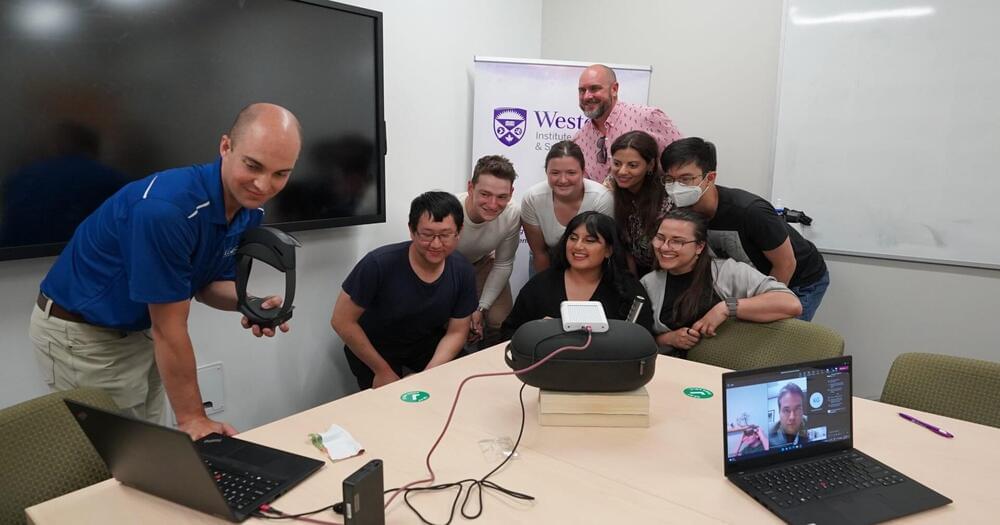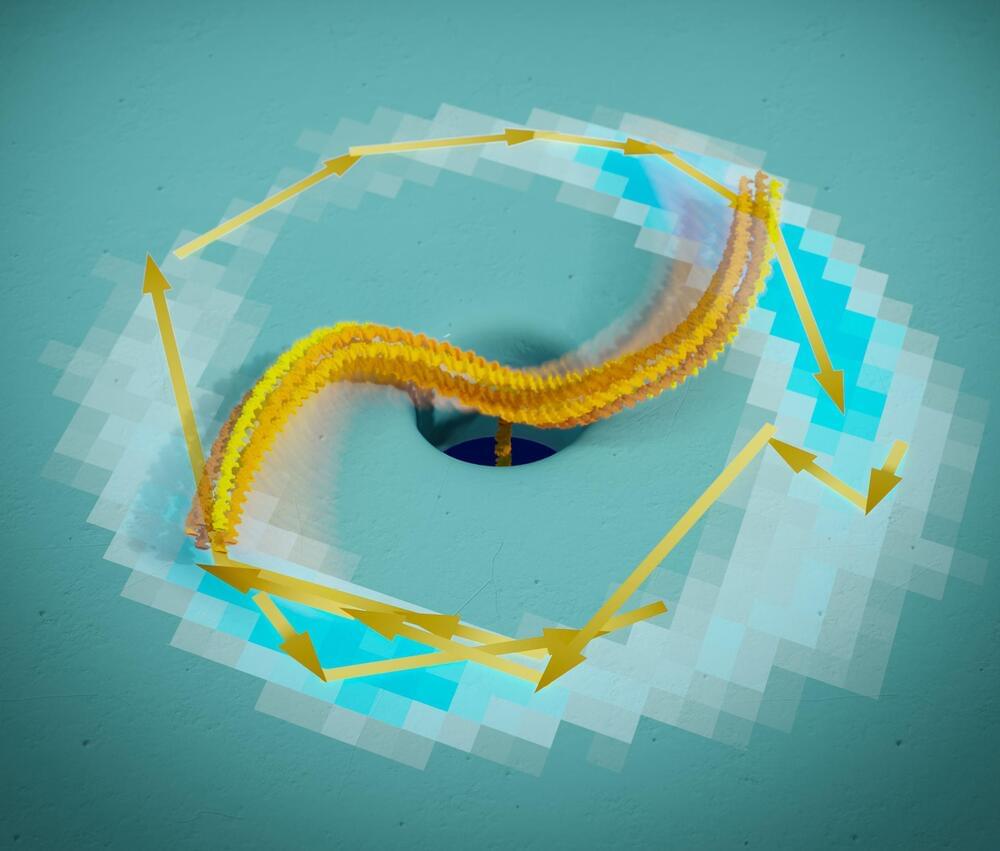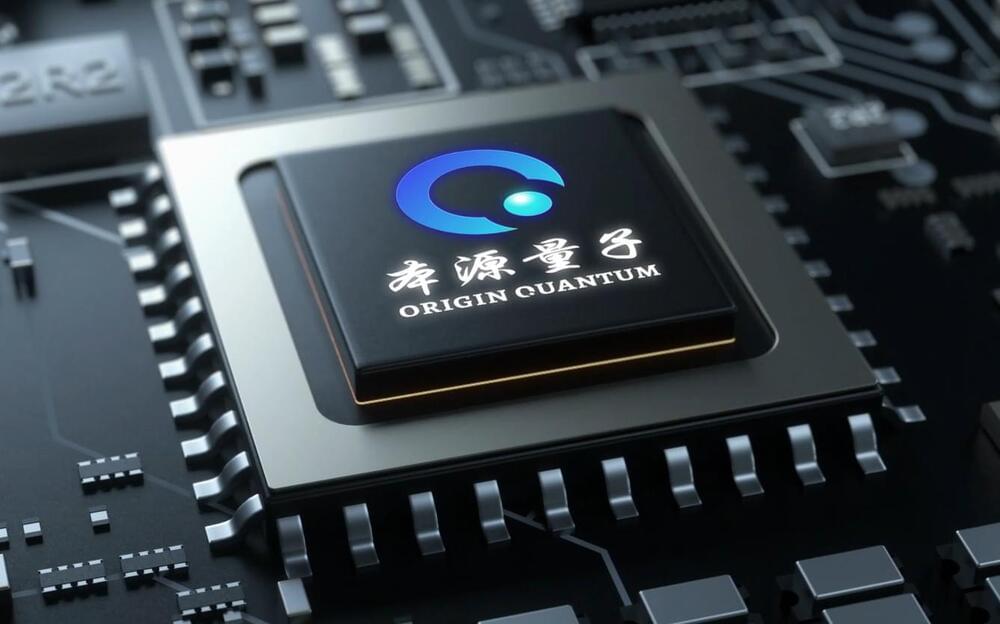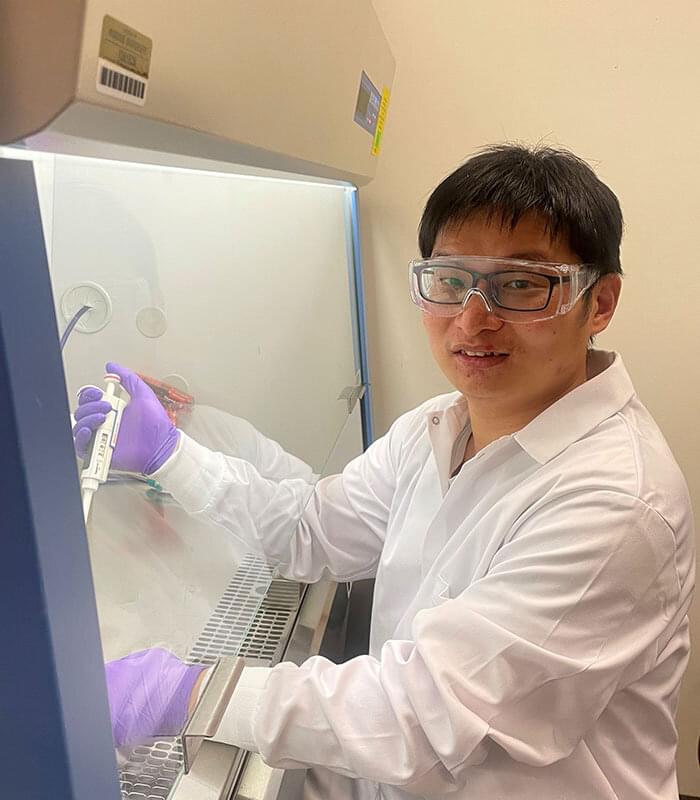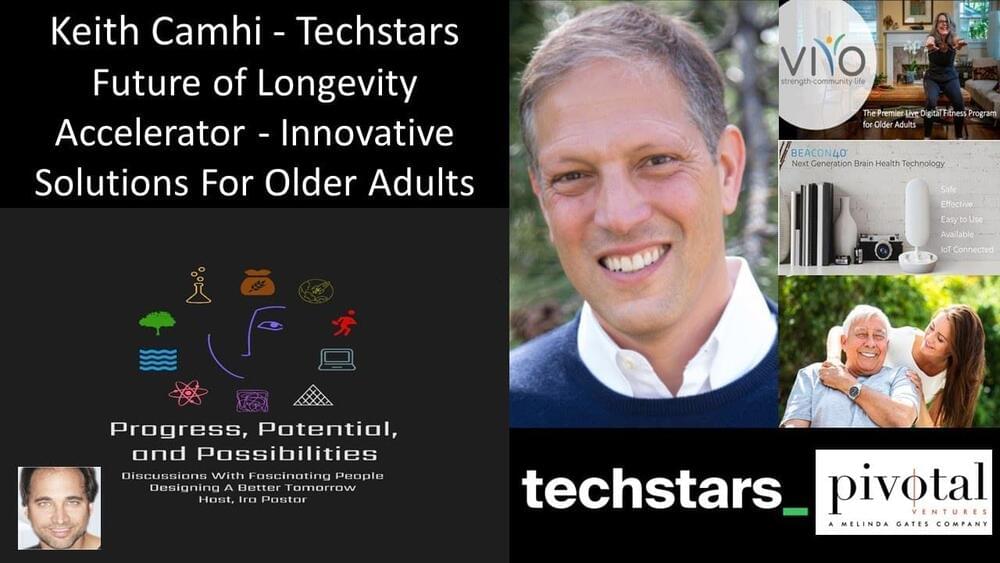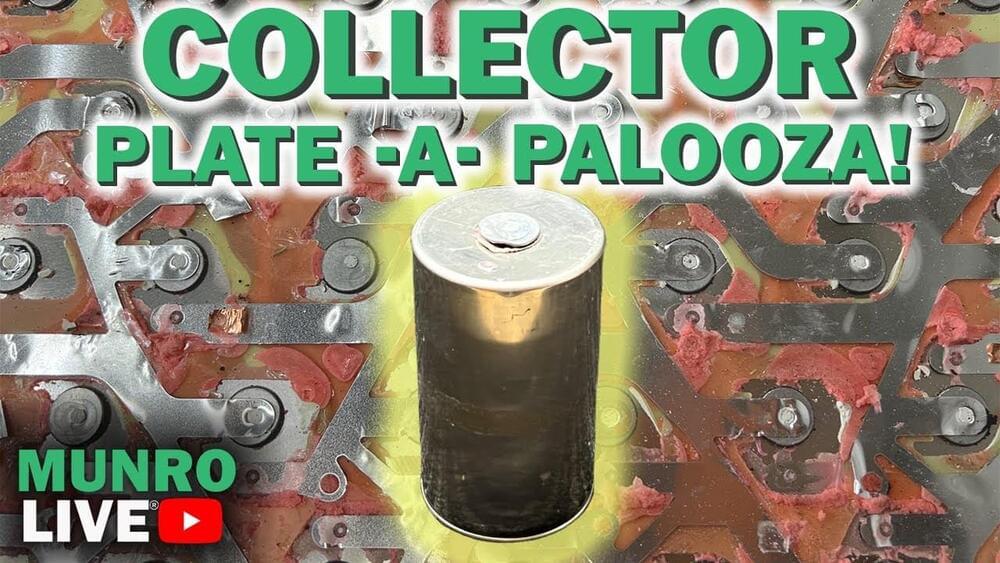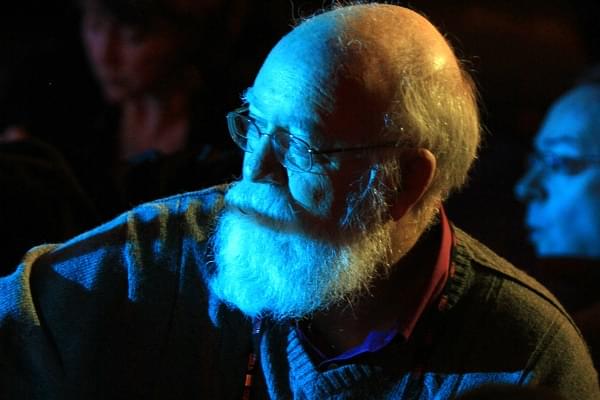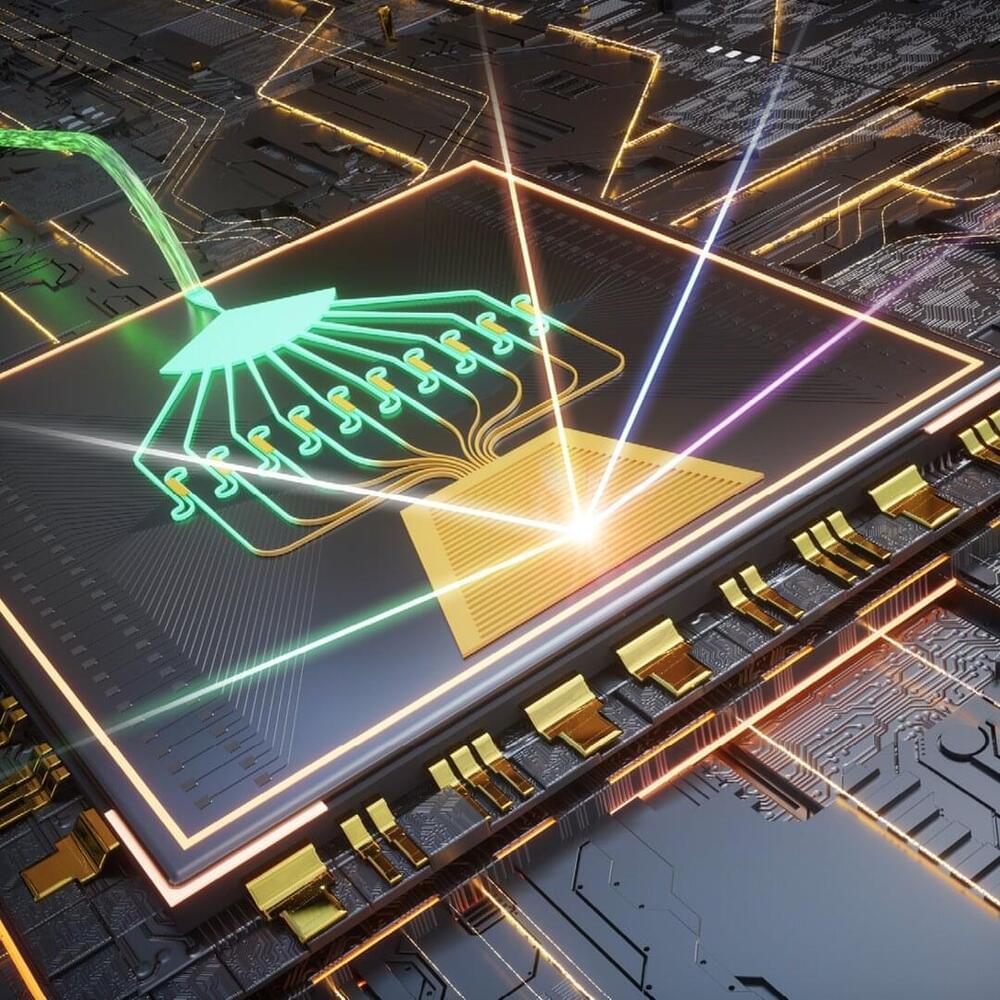
Researchers have developed a new chip-based beam steering technology that provides a promising route to small, cost-effective and high-performance lidar (or light detection and ranging) systems. Lidar, which uses laser pulses to acquire 3D information about a scene or object, is used in a wide range of applications such as autonomous driving, free-space optical communications, 3D holography, biomedical sensing and virtual reality.
“Optica l beam steering is a key technology for lidar systems, but conventional mechanical-based beam steering systems are bulky, expensive, sensitive to vibration and limited in speed,” said research team leader Hao Hu from the Technical University of Denmark. “Although devices known as chip-based optical phased arrays (OPAs) can quickly and precisely steer light in a non-mechanical way, so far, these devices have had poor beam quality and a field of view typically below 100 degrees.”
In Optica, Hu and co-author Yong Liu describe their new chip-based OPA that solves many of the problems that have plagued OPAs. They show that the device can eliminate a key optical artifact known as aliasing, achieving beam steering over a large field of view while maintaining high beam quality, a combination that could greatly improve lidar systems.

